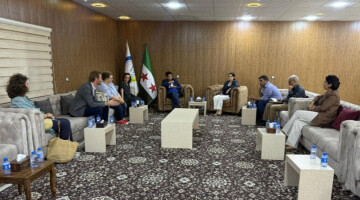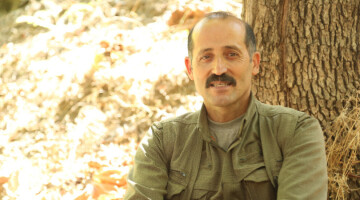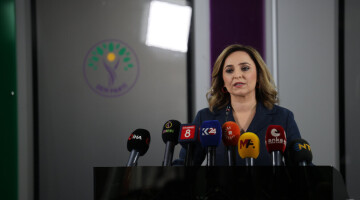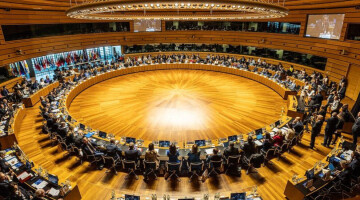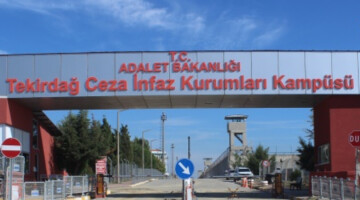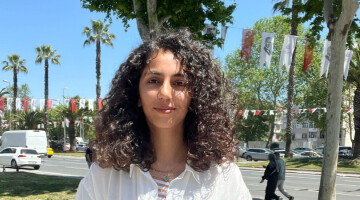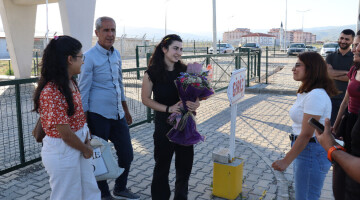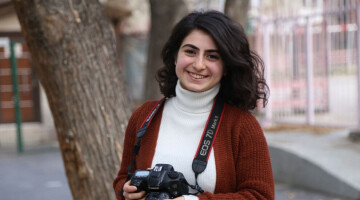The Committee to Protect Journalists called on Turkish authorities to immediately release British journalists Jake Hanrahan and Philip Pendlebury who were detained by police in Bağlar district of Amed on Thursday. The journalists were on assignment with the U.S.-based global news channel VICE News.
"We call on Diyarbakır authorities to immediately release Jake Hanrahan, Philip Pendlebury, and their fixer, and allow them to continue working in the region," CPJ Europe and Central Asia Program Coordinator Nina Ognianova said, underlining that the renewed clashes between Turkish security forces and PKK militants were of public interest to both domestic and international audiences, and authorities ought to protect, not gag journalists on the job.
VICE News told CPJ that Hanrahan and Pendlebury were reporting on clashes in the Kurdish region of Turkey in the past week when they were detained, along with their fixer, who has not been identified in news reports. Quoting a Turkish daily, CPJ said the journalists were being held at the Diyarbakır Police General Directorate and questioned by anti-terrorism police.
Unnamed Turkish security sources said the journalists were rounded up for working in the region without government accreditation and were accused of coming in "close contact with Kurdistan Workers' Party (PKK) militants," Reuters reported.
CPJ research shows that broadly worded anti-terror and penal code statutes have allowed Turkish authorities to conflate the coverage of banned groups and investigation of sensitive topics with outright terrorism or other anti-state activity. The PKK has been classified as a terrorist organization, and journalists seeking to cover PKK activities have often been imprisoned or obstructed, CPJ research shows.
"Talking to all parties involved in a conflict is just good journalism," CPJ's Ognianova said. "Being 'in close contact' with their sources is what reporters do."
Recalling that Turkey's telecommunications regulator, the TİB, blocked domestic access to pro-Kurdish and leftist websites based in Turkey and northern Iraq in late July, CPJ said a court said the websites were blocked for "promoting terrorist propaganda".

